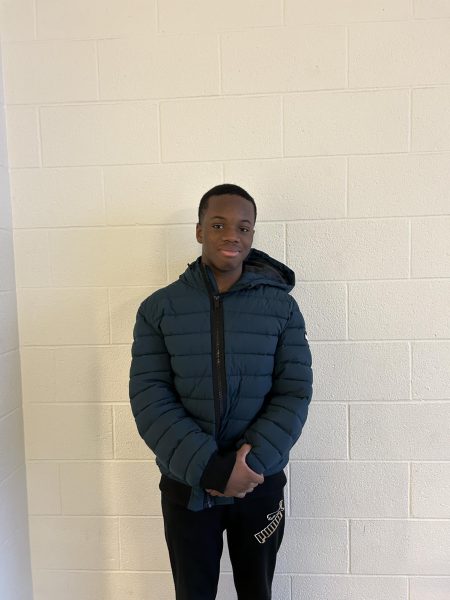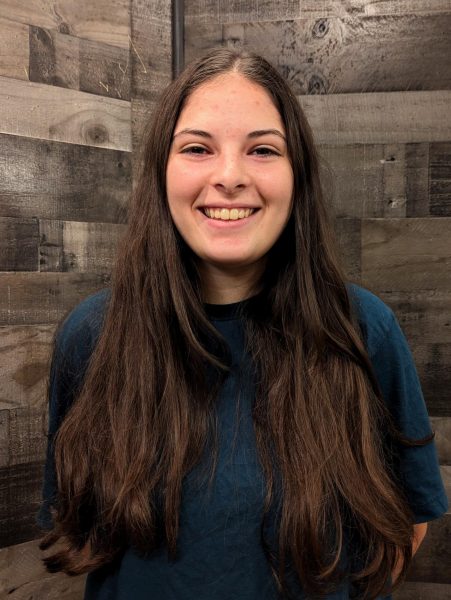On April 18, Oakdale High School hosted a Holocaust survivor, Andrew “Andy” Jampoler, for a presentation about his experience. One of Oakdale’s world history teachers, Ms. Kate Ehrlich, organized this program so that “students could hear a firsthand account of the Holocaust and its impact on individual lives.”
Math teacher Ms. Courtney Ray, who also got to listen to Andy’s story, shared the same sentiment as Ms. Ehrlich, adding that the opportunity to hear from a Holocaust survivor is becoming increasingly rare.
Jampoler’s family lived in Lwow, Poland, now Lviv, Ukraine. At the time, it was occupied by the Germans. He has Jewish ancestry, but his identity papers were forged to hide it, allowing them to pass as Non-Jews. His family went into hiding in their apartment when the Germans invaded Lwow. Jampoler was born shortly after, on January 15, 1942.
Unfortunately, they were then threatened by a group to pay a large sum of money, or else their hiding place would be exposed. His father left and never returned, and the family’s hiding location was revealed by neighbors, so the Jampolers fled to Warsaw. At this point Andy’s mother and grandmother felt they weren’t going to be able to keep Andy safe and left him at a Catholic Church, watching until he was taken in. He was then adopted by a Polish-Catholic couple.

(Bella Migdal)
With the end of World War II in 1945, Jampoler’s grandmother Lucy returned back to Warsaw in hopes of finding him. She and Jamporler’s mother negotiated with the family that had taken care of him, deciding he would live a better life in America, and he and his mother and grandmother emigrated with fake documents.
Jampoler went to public school in New York. Eventually attending boarding school and summer camp in the United Kingdom. Jampoler’s tuition was paid by an anonymous benefactor, the identity of whom he has never figured out. He went on to serve 24 years in the U.S. Navy and has written several books on history.
Ray stated that her biggest takeaway from Andy’s story was “the impact the war had on Andy’s family. His mom never found his dad and he never knew his dad. This was very upsetting for me to think about. Having children of my own I couldn’t imagine having to leave my children and never knowing what happened to them.”
Today Jampoler volunteers his time to the Holocaust Museum by speaking to the younger generations. Hearing first hand from Holocaust survivors is becoming increasingly rare because many of them are in an older age where details are harder to remember, so it’s amazing that the Holocaust Museum is recording the talks for people to witness the survivors.































